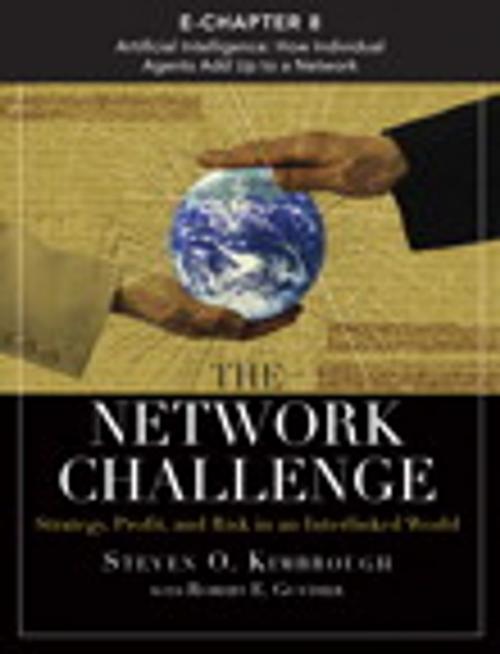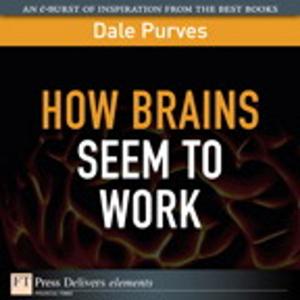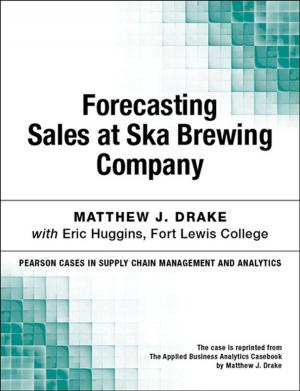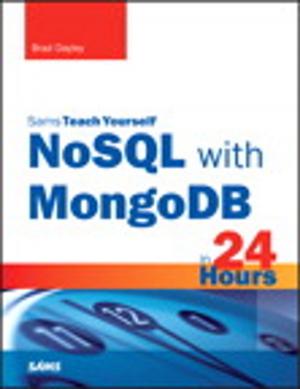The Network Challenge (Chapter 8)
Artificial Intelligence: How Individual Agents Add Up to a Network
Business & Finance, Management & Leadership, Planning & Forecasting| Author: | Steven O. Kimbrough | ISBN: | 9780137015375 |
| Publisher: | Pearson Education | Publication: | May 19, 2009 |
| Imprint: | FT Press | Language: | English |
| Author: | Steven O. Kimbrough |
| ISBN: | 9780137015375 |
| Publisher: | Pearson Education |
| Publication: | May 19, 2009 |
| Imprint: | FT Press |
| Language: | English |
Artificial intelligence (AI) offers computational methodologies for modeling systems, which can be valuable in understanding networks. In this chapter, the author examines several types of applications of these methods in exploring how the behavior of individual agents leads to outcomes across networks. For example, he considers how one system, based on a Prisoner’s Dilemma that provides a higher payoff for players who don’t cooperate, can result in a surprising outcome in which cooperation dominates after many rounds of play. He also considers agent-based models--including turtles in a pond, showing discrimination effects; and sugar and spice trading, showing interactions through trading. Finally, he explores applications to ant colony optimization and swarming optimization of flocks of birds or schools of fish. He concludes that computational models offer important insights into networks, and the procedures used in modeling have a significant impact. The discussion also demonstrates that “networks matter,” affecting outcomes in sometimes unpredictable ways.
Artificial intelligence (AI) offers computational methodologies for modeling systems, which can be valuable in understanding networks. In this chapter, the author examines several types of applications of these methods in exploring how the behavior of individual agents leads to outcomes across networks. For example, he considers how one system, based on a Prisoner’s Dilemma that provides a higher payoff for players who don’t cooperate, can result in a surprising outcome in which cooperation dominates after many rounds of play. He also considers agent-based models--including turtles in a pond, showing discrimination effects; and sugar and spice trading, showing interactions through trading. Finally, he explores applications to ant colony optimization and swarming optimization of flocks of birds or schools of fish. He concludes that computational models offer important insights into networks, and the procedures used in modeling have a significant impact. The discussion also demonstrates that “networks matter,” affecting outcomes in sometimes unpredictable ways.















